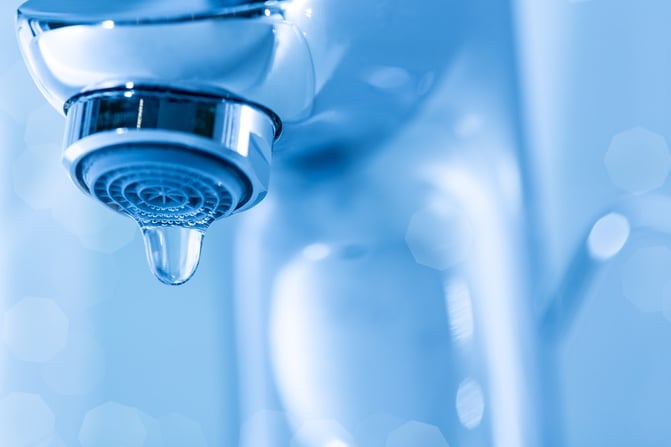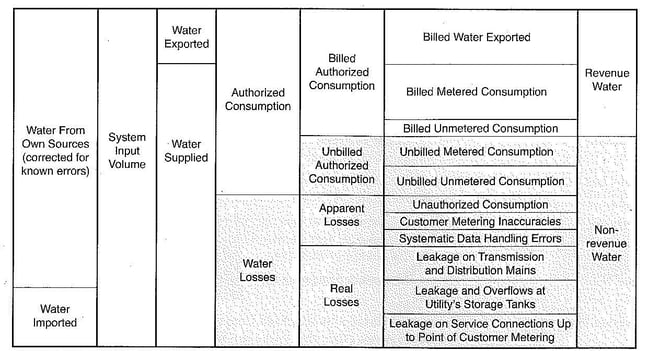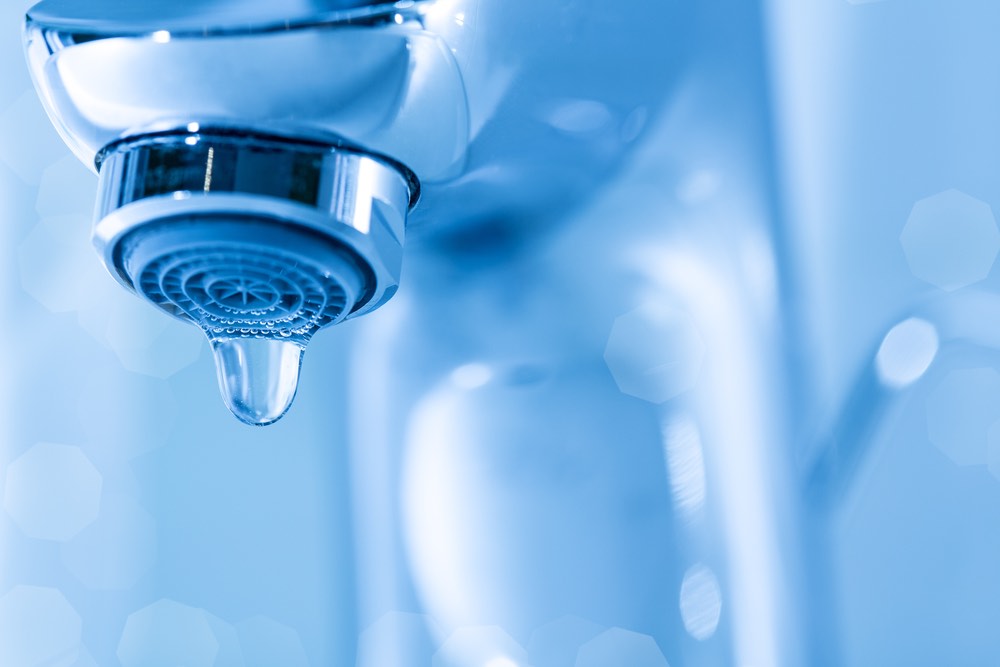
Have you ever asked why the gallons of water pumped each month into a distribution system always exceed the gallons being sold? There are no perfect water distribution systems and every utility incurs water loss and strives to determine where it occurs and a means to remediate the issue. Controlling water loss ultimately saves money, but it is not always apparent. Let’s take a look at how water usage is billed/not billed in a water system:
Billed Authorized Water Consumption
-
Household Fixture Leaks
-
Household Appliance Leaks
Unbilled Authorized Water Consumption
-
Fire Department Hydrant Use for Fire Events
-
Flushing of Hydrants
-
Authorized un-metered water usage
Unbilled Apparent Water Loss
-
Inaccurate Water Meters/Reading
-
Water Theft
-
Customer Billing Adjustment
Unbilled Real Water Loss
-
Pipe Joint Leakage
-
Main Breaks
-
Storage Tank Overflows
How can a water loss audit benefit a water utility?
-
Limits unnecessary and unauthorized use of water
-
Recovers revenue due to utility
-
Saves money on electricity, maintenance, and treatment
The American Water Works Association (AWWA) has developed free Water Audit Software, Version 5.0 available to the public for free download. It is spreadsheet-based to assist you in quantifying and tracking water loss in your distribution system.

image: AWWA water audit example
It is a given that every water system has some degree of water loss. That is why having basic water loss management policies in place for your community is an excellent means to minimize non-revenue water loss challenges.
A water loss audit is a great first step in obtaining support for determining and assessing non-revenue water. Ultimately, a more detailed analysis and program design for components of your water distribution system would be the next step to find solutions for minimizing water loss.
Tags


